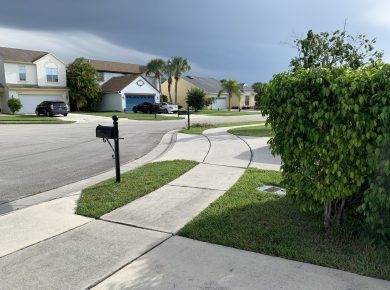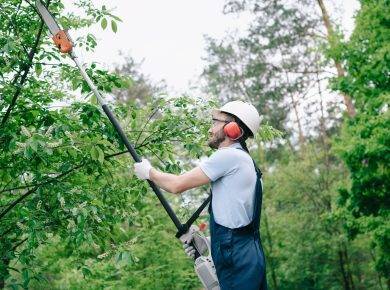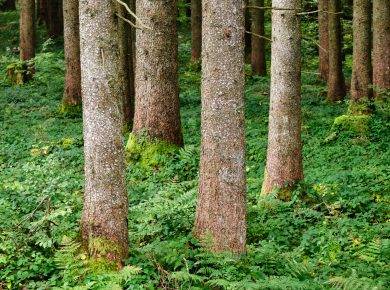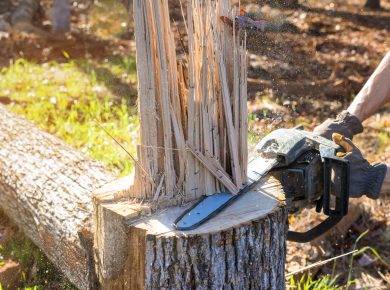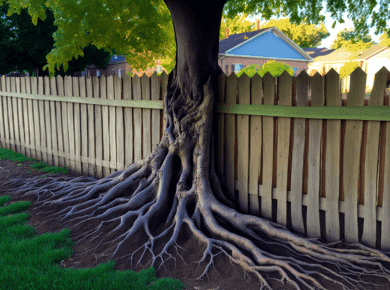Table of Contents
- Can utility companies cut my trees without my permission?
- How do I know if a utility company plans to cut my trees?
- What can I do if a utility company plans to cut my trees?
- Understanding the rights of utility companies
- The process for utility companies to access your trees
- Compensation for tree removal
- Alternatives to tree removal
- Protecting your trees
Can utility companies cut my trees without my permission?
In some cases, yes. Utility companies have the right to access and maintain their infrastructure, which may require them to trim or remove trees that pose a risk to their equipment. This is often referred to as the “right of eminent domain.”
When it comes to trees on your property, it’s important to understand your rights and what actions you can take to protect them. If you have a tree that is in the way of a utility company’s infrastructure, you may be wondering if they have the right to cut down your tree without your permission.
In this blog post, we’ll explore the laws surrounding this issue and what you can do to protect your trees.
How do I know if a utility company plans to cut my trees?
Utility companies are required to notify property owners before trimming or removing trees. This may be done through a letter, phone call, or personal visit. If you receive a notification from a utility company, it’s important to read the notice carefully and understand your rights and options.
What can I do if a utility company plans to cut my trees?
If you disagree with the decision to cut your trees, you can try to negotiate with the utility company. This may involve suggesting alternative solutions, such as trimming rather than removing or planting a new tree in a different location. If you cannot reach an agreement, you may need to seek legal counsel.
Understanding the rights of utility companies
Utility companies, such as electric, gas, and telecommunications providers, have the right to access and maintain their infrastructure. This includes the right to trim or remove trees that may be obstructing or potentially damaging their equipment.
However, they do not have the right to enter your property or cut down your trees without your permission.
The process for utility companies to access your trees
If a utility company needs to access your trees, they are required to follow a specific process. This typically involves contacting you to request permission and negotiating an agreement. If an agreement cannot be reached, the utility company may be able to obtain an easement or right-of-way from the government, which allows them to access and maintain their equipment on your property.
Compensation for tree removal
If a utility company is granted an easement or right-of-way and removes a tree from your property, you may be entitled to compensation for the value of the tree. This is typically determined by an arborist or tree expert who can assess the age, size, and condition of the tree.
Alternatives to tree removal
In some cases, it may be possible to find an alternative solution that allows the utility company to access its equipment without removing the tree. This could involve trimming branches or installing equipment around the tree. It’s important to keep an open mind and consider all options before agreeing to tree removal.
Protecting your trees
If you are concerned about the potential loss of trees on your property, there are steps you can take to protect them. This may involve working with the utility company to find an alternative solution, hiring an arborist to assess the health and value of the tree, or consulting with an attorney to understand your rights and options.
In conclusion, utility companies do have the right to access and maintain their infrastructure, but they cannot remove trees from your property without your permission. If you are concerned about the potential loss of trees on your property, it’s important to understand your rights and consider all options before agreeing to tree removal.
If you are unable to reach an agreement with the utility company, we recommend seeking legal guidance to protect your rights and interests. Let us connect you with a lawyer in your area that practices in these cases.

